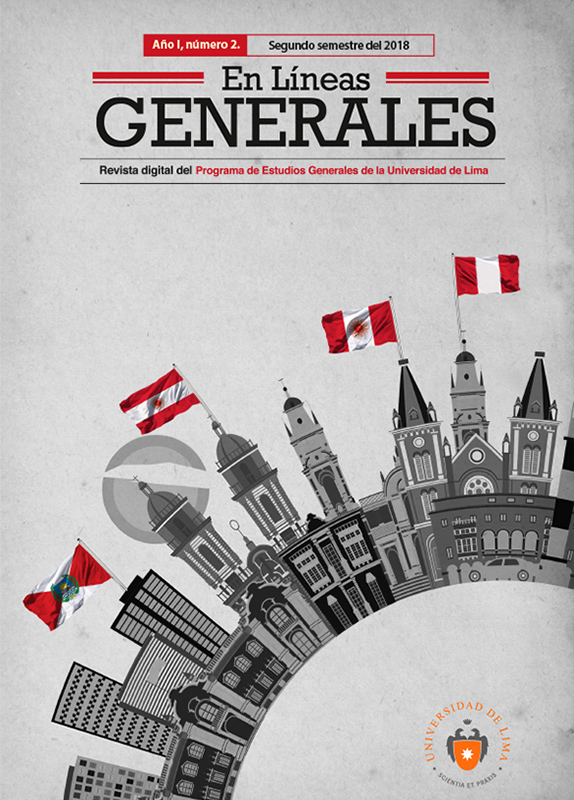The Huánuco rebellion of 1812: rumors, parties and daily space
DOI:
https://doi.org/10.26439/en.lineas.generales2018.n002.2671Abstract
This article studies the Huánuco rebellion of 1812, considering that popular sectors were able to use a political culture of their own. To achieve this, attention was paid to the role played by rumors about the situation that the viceroyalty was going through because of the absence of King Ferdinand VII, parties such as the carnival, and the public space where a “hidden discourse” of political criticism was spread. In this way, this research will reflect on the aspirations that led the rebels to rise against the Spanish authorities, beyond just the creole leaders, managing to rescue part of the political expectations of the common population.
Downloads
Download data is not yet available.
Downloads
Published
2018-11-13
Issue
Section
Historia
How to Cite
Bazán-Díaz, M. (2018). The Huánuco rebellion of 1812: rumors, parties and daily space. En Líneas Generales, 2(002), 115-121. https://doi.org/10.26439/en.lineas.generales2018.n002.2671





